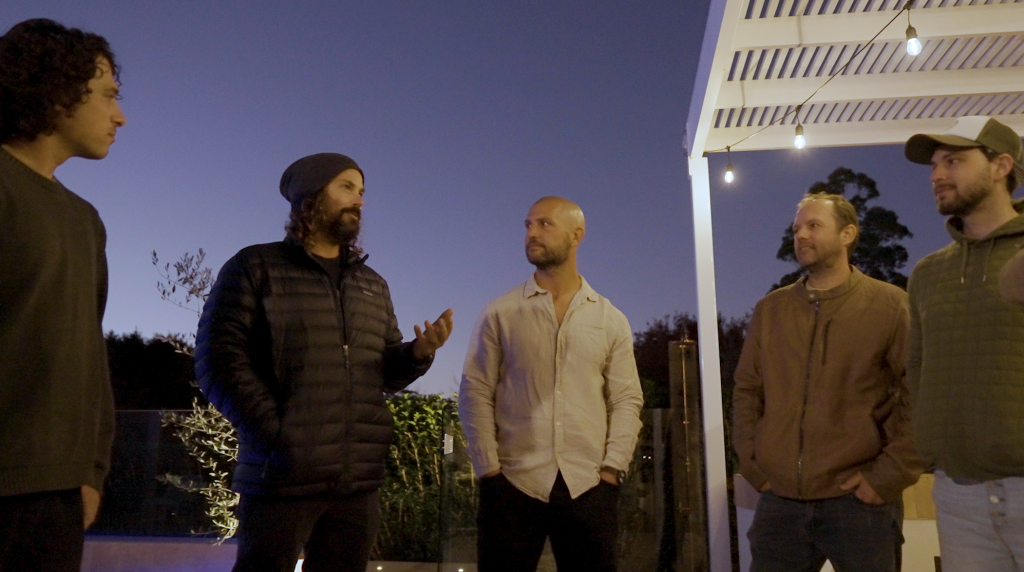Psychology vs. Counselling in the NDIS
If you want to get the most out of your NDIS plan it’s important to understand what it covers. This can be tricky, particularly when it comes to psychology and counselling. Here’s a brief explanation of how these services fit into the NDIS.
Does the NDIS cover psychology?
The short answer is: yes and no.
According to the official government website, the NDIS does not fund “…psychology as therapy or clinical treatment to address symptoms of your mental health condition”.
The NDIS won’t cover expenses related to psychological diagnosis of a condition, or psychological treatment designed only to stabilise or manage a condition. This includes acute, ambulatory, and continuing care in the community, as well as rehabilitation or recovery. Such supports are instead covered by Medicare or relevant state health services.
What the NDIS does fund, however, are non-clinical capacity building supports. These include:
- Art therapy
- Music therapy
- Cooking classes
- Gardening
- Day-to-day help
- Travel
- Physiotherapy for mobilising safely in the home, at work, and in the community
- Coaching to improve motivation, focus, knowledge, skills, resilience and decision-making
- Assistance navigating other mental health services, and;
- Help connecting positively with family, friends, and others.
Other community and civic participation supports are also funded, so long as they relate directly to the disability, help improve independence, and enable the participant to undertake everyday tasks.

Is Counselling included in the NDIS?
Though direct clinical treatment (such as cognitive behavioural therapy) is not covered by the NDIS, counselling is. The “Improved Daily Living” plan item allows for access to a trained professional who can discuss what is happening in the participant’s life without judgement. Counsellors may provide support with a range of topics, such as:
- Parenting
- General life advice
- Relationship issues
- Stress and anxiety
- Work and career issues
- Trauma
- Abuse, and;
- Anything else that participant wishes to discuss
As a capacity building support, this provision is given so that the participant can help achieve their goals or needs, rather than for specific treatment of their diagnosed medical condition.
The NDIS enables long-term support with the same counsellor, and if desired, they can develop relationships with the participant’s family, friends, school, workplace, or other service providers to ensure they receive maximum support from their environment. By building trust, exploring options, and developing strategies, counsellors help participants find solutions and reach their full potential.
So what is the difference between an NDIS Psychologist and an NDIS Counsellor?
Though there is significant crossover between the services offered by an NDIS Psychologist and an NDIS Counsellor, some key differences can be noted between the two.
Counsellors are generally more focused on the day-to-day activities involved in facilitating participant support. Psychologists, while able to provide that support, are also specialised in researching, diagnosing, and offering treatment advice. They’re capable of helping with more complex or significant mental health conditions, and must hold a relevant university degree.
Urzi Psychology Offers NDIS Participants Counselling and Psychological Support
Unlike many practices, Urzi Psychology is capable of connecting NDIS participants with a psychologist or counsellor with next to no wait time.
Our team of personable and caring counsellors are backed by a 24/7 clinical supervision network, who provide guidance and assistance for working with those of more complex needs. Participants get the benefit of not just the support worker, but also the clinical professionals behind the worker.
This collaborative approach helps our clients function more effectively in their everyday lives. By offering support services based on their unique values, characteristics, and circumstances, we deliver the results they want.
If you are, or are representing, an NDIS participant in need of mental health support, complete an intake form online.
If you need help applying for the NDIS, visit our Jump Starter NDIS application support service. An Urzi Psychology representative will be in touch to get the process started.

